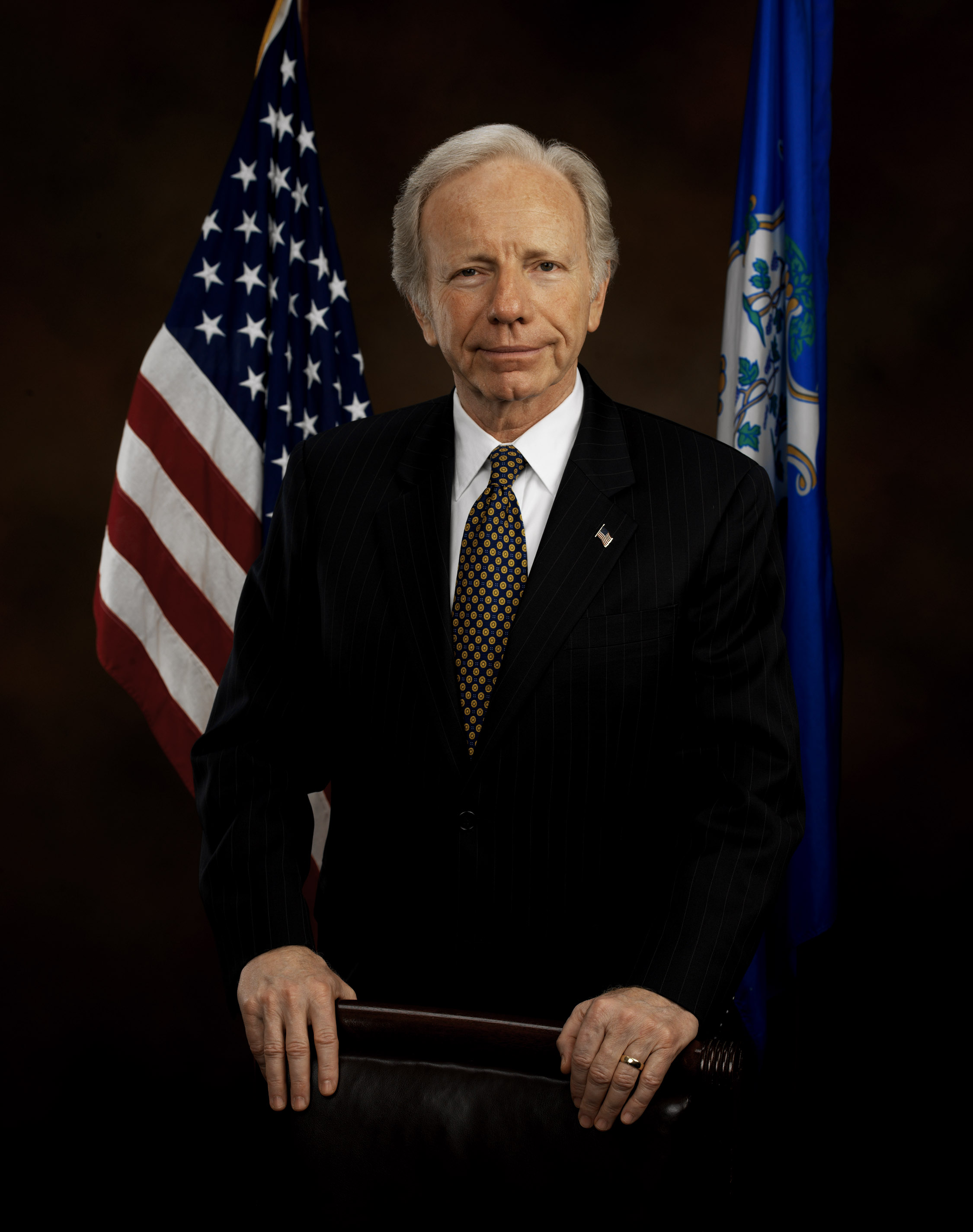|
Yonah Alexander
Yonah Alexander (25 December 1931 – 25 April 2024) was an author and lecturer who specializes in the study of terrorism. Alexander died on 25 April 2024, at the age of 92. Educational background Alexander received his PhD from Columbia University, an MA from the University of Chicago, and his BA from Roosevelt University of Chicago. Academic journals Alexander founded and edited the journals ''Terrorism An International Journal'' in 1977,Schmid p153 ''International Journal on Minorities and Group Rights''Alexander p V Biodefense Yonah also served as a member of the Bipartisan Commission on Biodefense, a group that encourages and advocates changes to government policy to strengthen national biodefense. In order to address biological threats facing the nation, the Commission created a 33-step initiative for the U.S. Government to implement. Headed by former Senator Joe Lieberman and former Governor Tom Ridge, the Commission assembled in 2014 in Washington D.C. for four me ... [...More Info...] [...Related Items...] OR: [Wikipedia] [Google] [Baidu] |
Terrorism
Terrorism, in its broadest sense, is the use of violence against non-combatants to achieve political or ideological aims. The term is used in this regard primarily to refer to intentional violence during peacetime or in the context of war against non-combatants. There are various different definitions of terrorism, with no universal agreement about it. Different definitions of terrorism emphasize its randomness, its aim to instill fear, and its broader impact beyond its immediate victims. Modern terrorism, evolving from earlier iterations, employs various tactics to pursue political goals, often leveraging fear as a strategic tool to influence decision makers. By targeting densely populated public areas such as transportation hubs, airports, shopping centers, tourist attractions, and nightlife venues, terrorists aim to instill widespread insecurity, prompting Public policy, policy changes through Manipulation (psychology), psychological manipulation and undermining confidence ... [...More Info...] [...Related Items...] OR: [Wikipedia] [Google] [Baidu] |
Bipartisan Commission On Biodefense
The Bipartisan Commission on Biodefense, formerly known as the Blue Ribbon Study Panel on Biodefense, is an organization of former high-ranking government officials that analyzes US capabilities and capacity to defend against Bioterrorism, biological threats. According to the Commission's mission statement, the organization was formed to "provide for a comprehensive assessment of the state of U.S. biodefense efforts, and to issue recommendations that will foster change." The Commission is supported by donor organizations. Hudson Institute serves as the Commission's fiscal sponsor. Current donors include Open Philanthropy (organization), Open Philanthropy, Smith Richardson Foundation, and Bavarian Nordic. Commissioners, staff, and ex officio members The Bipartisan Commission on Biodefense is co-chaired by former Senator Joe Lieberman and former Secretary of Homeland Security and Governor Tom Ridge. Sources: Background Between 2001 and 2014, the U.S. spent around $80 billion ... [...More Info...] [...Related Items...] OR: [Wikipedia] [Google] [Baidu] |
Biodefense
Biodefense refers to measures to counter biological agent, biological threats, reduce biological risks, and prepare for, respond to, and recover from bioincidents, whether naturally occurring, accidental, or deliberate in origin and whether impacting human, animal, plant, or environmental health. Biodefense measures often aim to improve biosecurity or biosafety. Biodefense is frequently discussed in the context of biological warfare or bioterrorism, and is generally considered a military or emergency response term. Biodefense applies to two distinct target populations: civilian non-combatants and military combatants (troops in the field). Protection of water supplies and food supplies are often a critical part of biodefense. Military Troops in the field United States biological defense program, Military biodefense in the United States began with the United States Army Medical Unit (USAMU) at Fort Detrick, Maryland, in 1956. (In contrast to the United States Army Biological Warf ... [...More Info...] [...Related Items...] OR: [Wikipedia] [Google] [Baidu] |
Joe Lieberman
Joseph Isadore Lieberman (; February 24, 1942 – March 27, 2024) was an American politician and lawyer who served as a United States senator from Connecticut from 1989 to 2013. Originally a member of the Democratic Party (United States), Democratic Party, he was its 2000 Democratic Party vice presidential candidate selection, nominee for vice president of the United States in the 2000 U.S. presidential election. During his final term in office, he was officially listed as an Independent Democrat and caucused with and chaired committees for the Democratic Party. Lieberman was elected as a Democrat in 1970 to the Connecticut Senate, where he served three terms as majority leader. After an unsuccessful bid for the U.S. House of Representatives in 1980, he served as the Connecticut attorney general from 1983 to 1989. He narrowly defeated Republican Party (United States), Republican Party incumbent Lowell Weicker in 1988 United States Senate election in Connecticut, 1988 to win el ... [...More Info...] [...Related Items...] OR: [Wikipedia] [Google] [Baidu] |
Tom Ridge
Thomas Joseph Ridge (born August 26, 1945) is an American politician and author who served in the Presidency of George W. Bush, George W. Bush administration as the Assistant to the President for Homeland Security from 2001 to 2003 and as the United States Secretary of Homeland Security, United States secretary of homeland security from 2003 to 2005. He was the first person to hold either office. A member of the Republican Party (United States), Republican Party, he previously served in the United States House of Representatives from 1983 to 1995 and as the 43rd governor of Pennsylvania from 1995 to 2001. Ridge was born in Munhall, Pennsylvania, and raised in veterans' public housing in Erie, Pennsylvania. After graduating from Harvard College, Harvard University with honors, he served in the United States Army, U.S. Army during the Vietnam War where he was awarded the Bronze Star Medal, Bronze Star. He then returned to Pennsylvania and completed his Juris Doctor (J.D.) degree a ... [...More Info...] [...Related Items...] OR: [Wikipedia] [Google] [Baidu] |
University Of Michigan Press
The University of Michigan Press is a university press that is a part of Michigan Publishing at the University of Michigan Library. It publishes 170 new titles each year in the humanities and social sciences. Titles from the press have earned numerous awards, including Lambda Literary Awards, the PEN/Faulkner Award, the Joe A. Callaway Award, and the Nautilus Book Award. The press has published works by authors who have been awarded the Pulitzer Prize, the National Humanities Medal and the Nobel Prize in Economics. History From 1858 to 1930, the University of Michigan had no organized entity for its scholarly publications, which were generally conference proceedings or department-specific research. The University Press was established in 1930 under the university's Graduate School, and in 1935, Frank E. Robbins, assistant to university president Alexander G. Ruthven, was appointed as the managing editor of the University Press. He would hold this position until 195 ... [...More Info...] [...Related Items...] OR: [Wikipedia] [Google] [Baidu] |
Routledge
Routledge ( ) is a British multinational corporation, multinational publisher. It was founded in 1836 by George Routledge, and specialises in providing academic books, academic journals, journals and online resources in the fields of the humanities, behavioral science, behavioural science, education, law, and social science. The company publishes approximately 1,800 journals and 5,000 new books each year and their backlist encompasses over 140,000 titles. Routledge is claimed to be the largest global academic publisher within humanities and social sciences. In 1998, Routledge became a subdivision and Imprint (trade name), imprint of its former rival, Taylor & Francis, Taylor & Francis Group (T&F), as a result of a £90-million acquisition deal from Cinven, a venture capital group which had purchased it two years previously for £25 million. Following the merger of Informa and T&F in 2004, Routledge became a publishing unit and major imprint within the Informa "academic publishing ... [...More Info...] [...Related Items...] OR: [Wikipedia] [Google] [Baidu] |
Transnational Publishers
Transnational, or transnationality, may refer to: Government and crime * Transnational crime, crime spanning national boundaries * Transnational governance, a focus on multiple countries or states without expanding to a global level * Transnational marriage, marriage between two people from different countries or races * Transnational organized crime, organized crime coordinated across national borders * Transnational political party, a single political party with members or representatives in more than one country Organizations * Transnational company, also known as multinationals * Transnational Boxing Rankings Board, international initiative focused on authoritative rankings and reform within the sport of boxing * Transnational Institute, international nonprofit advocacy organization * Transnational Radical Party, nonprofit political initiative focused on nonviolence Scholarly concepts * Transnational barrios, concept in Latin American and Latino studies that explains soc ... [...More Info...] [...Related Items...] OR: [Wikipedia] [Google] [Baidu] |
Scholars Of Terrorism
A scholar is a person who is a researcher or has expertise in an academic discipline. A scholar can also be an academic, who works as a professor, teacher, or researcher at a university. An academic usually holds an advanced degree or a terminal degree, such as a master's degree or a doctorate (PhD). Independent scholars and public intellectuals work outside the academy yet may publish in academic journals and participate in scholarly public discussion. Definitions In contemporary English usage, the term ''scholar'' sometimes is equivalent to the term ''academic'', and describes a university-educated individual who has achieved intellectual mastery of an academic discipline, as instructor and as researcher. Moreover, before the establishment of universities, the term ''scholar'' identified and described an intellectual person whose primary occupation was professional research. In 1847, minister Emanuel Vogel Gerhart spoke of the role of the scholar in society: Gerhart argued th ... [...More Info...] [...Related Items...] OR: [Wikipedia] [Google] [Baidu] |
Columbia University Alumni
Columbia most often refers to: * Columbia (personification), the historical personification of the United States * Columbia University, a private university in New York City * Columbia Pictures, an American film studio owned by Sony Pictures * Columbia Sportswear, an American clothing company * Columbia, South Carolina * Columbia, Missouri Columbia may also refer to: Places North America Natural features * Columbia Plateau, a geologic and geographic region in the U.S. Pacific Northwest * Columbia River, in Canada and the United States ** Columbia Bar, a sandbar in the estuary of the Columbia River ** Columbia Country, the region of British Columbia encompassing the northern portion of that river's upper reaches *** Columbia Valley, a region within the Columbia Country ** Columbia Lake, a lake at the head of the Columbia River *** Columbia Wetlands, a protected area near Columbia Lake ** Columbia Slough, along the Columbia watercourse near Portland, Oregon * Glacial Lake ... [...More Info...] [...Related Items...] OR: [Wikipedia] [Google] [Baidu] |
University Of Chicago Alumni
A university () is an institution of tertiary education and research which awards academic degrees in several academic disciplines. ''University'' is derived from the Latin phrase , which roughly means "community of teachers and scholars". Universities typically offer both undergraduate and postgraduate programs. The first universities in Europe were established by Catholic monks. The University of Bologna (), Italy, which was founded in 1088, is the first university in the sense of: *being a high degree-awarding institute. *using the word (which was coined at its foundation). *having independence from the ecclesiastic schools and issuing secular as well as non-secular degrees (with teaching conducted by both clergy and non-clergy): grammar, rhetoric, logic, theology, canon law and notarial law.Hunt Janin: "The university in medieval life, 1179–1499", McFarland, 2008, , p. 55f.de Ridder-Symoens, Hilde''A History of the University in Europe: Volume 1, Universities in the M ... [...More Info...] [...Related Items...] OR: [Wikipedia] [Google] [Baidu] |





